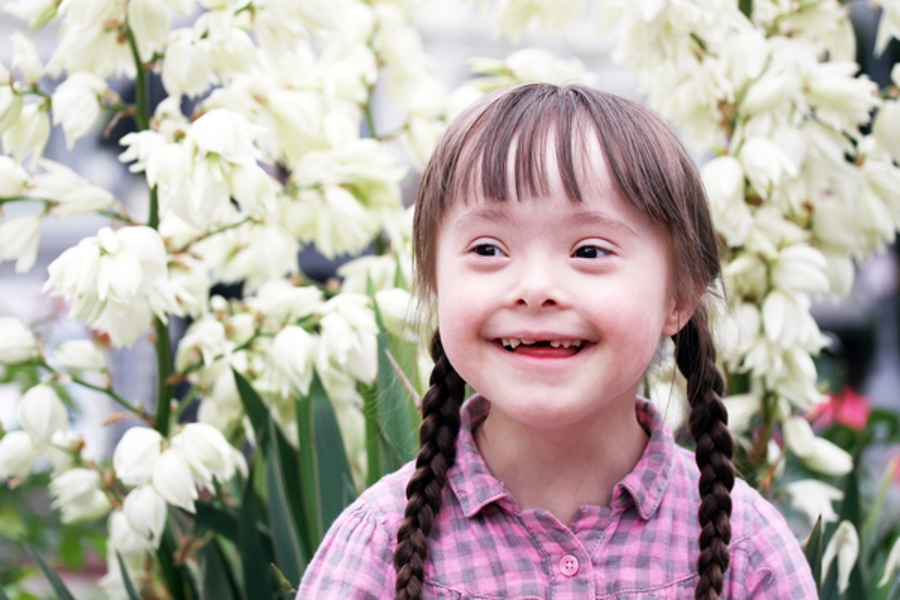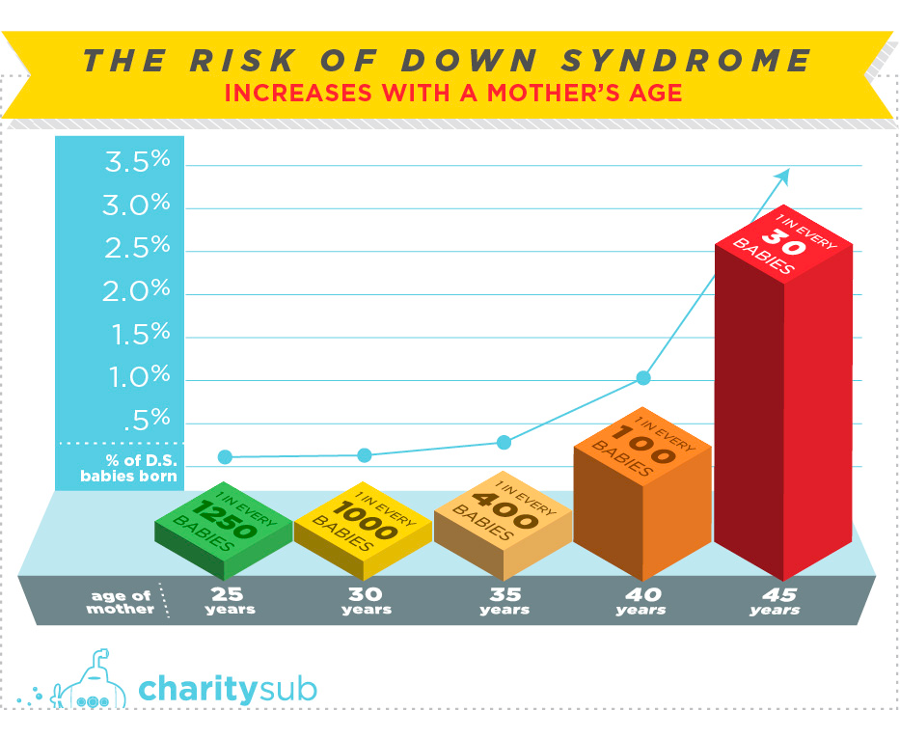Since prenatal screening tests became so used among pregnant women, the possibility of abortion has risen. Now, new research has found Iceland to be the country with the lowest rate of children born with Down syndrome, according to experts.
This happens because of the mothers, who prefer not to have their children if they are diagnosed with such a delicate condition. They can find this information through prenatal screening tests, which reveal if the child has Down syndrome. In Iceland, almost a hundred percent of women get an abortion if the results of their tests are positive.

Although the number of babies born with Down syndrome has changed around Europe and the United States, no other country has decreased the rate such as Iceland.
Iceland has almost eradicated Down syndrome, according to researchers
Iceland classifies Down syndrome as a deformity, giving 16-weeks-pregnant women the opportunity to abort their if the child has Down syndrome. Of course, this delicate subject has become the center of a worldwide debate.
The very-expensive prenatal screening tests were introduced in the early 2000s. Since then, women are taking them to know if their children have congenital defects. These tests are optional in Iceland, although the government states every woman has to be informed about them. According to Landspitali University Hospital in Reykjavik, around 80 and 85 percent of women decide to take the tests.
The Combination Test is used by mothers who want to know if their children have any malformation. To get the results, they are examined using ultrasound. Also, doctors test their blood and ask for their age.
“Babies with Down syndrome are still being born in Iceland,” said Hulda Hjartardottir, head of the Prenatal Diagnosis Unit at Landspitali University Hospital, where around 70 percent of Icelandic children are born. “Some of them were low risk in our screening test, so we didn’t find them in our screening.”
6,000 children are born with Down syndrome in America per year, while just one or two in Iceland
Not every country reduced its Down babies birth rate like Iceland. Unlike Iceland, around 6,000 babies are born with Down syndrome in the US each year, according to the National Down Syndrome Society. In North America, the estimated termination rate for Down syndrome pregnancies is of 67 percent between the years 1995 and 2011. In France, of 77 percent (2015) and in Denmark 98 percent (2015).
Iceland has a population of 330,000, and just one or two children are born with Down syndrome in the country each year. These few births represent not only mothers who want to give birth their Down children, but also others who are unaware about the tests.

Three children with Down syndrome were born in 2009 in Iceland. That year, a mother decided to give birth to a child whose tests seemed to indicate the possibility of having Down syndrome. In an 85-percent-accurate test, her odds were only of 1 in 16,000. In her 40s, Thordis Ingadottir had her third child and named her Agusta, who’s now seven. The mother has become an activist for the rights of people with Down syndrome.
Ingadottir claims that three babies born with Down syndrome is “quite more than usual.” She hopes that her daughter will be fully integrated into society.
“That’s my dream,” Ingadottir said. “Isn’t that the basic needs of life? What kind of society do you want to live in?”
For geneticist Kari Stefansson – the founder of a company called deCODE Genetics, which studies nearly the entire Icelandic population’s genomes – it is is an advancement of medical technology that Iceland has almost “eradicated” Down syndrome from their society. Although, for her, it reflects a not-so-desirable relatively heavy-handed genetic counseling.
Down syndrome affects intellectual ability, physical appearance, and muscles
Known as Down syndrome, the chromosomal condition is associated with intellectual disability, characteristic facial appearance, and weak muscle tone (hypotonia) in infancy. Although any person with Down experiences cognitive delays, the intellectual disability tends to moderate it. Almost half of people with this condition suffer from heart diseases and other abnormalities. However, many people born with Down syndrome can live full, healthy lives, with an average lifespan of around 60 years.
“We don’t look at abortion as a murder. We look at it as a thing that we ended. We ended a possible life that may have had a huge complication… preventing suffering for the child and for the family. And I think that is more right than seeing it as a murder — that’s so black and white. Life isn’t black and white. Life is grey,” stated Helga Sol Olafsdottir Landspitali at University Hospital, who counsels women having pregnancy with a chromosomal abnormality,
Source: CBS
